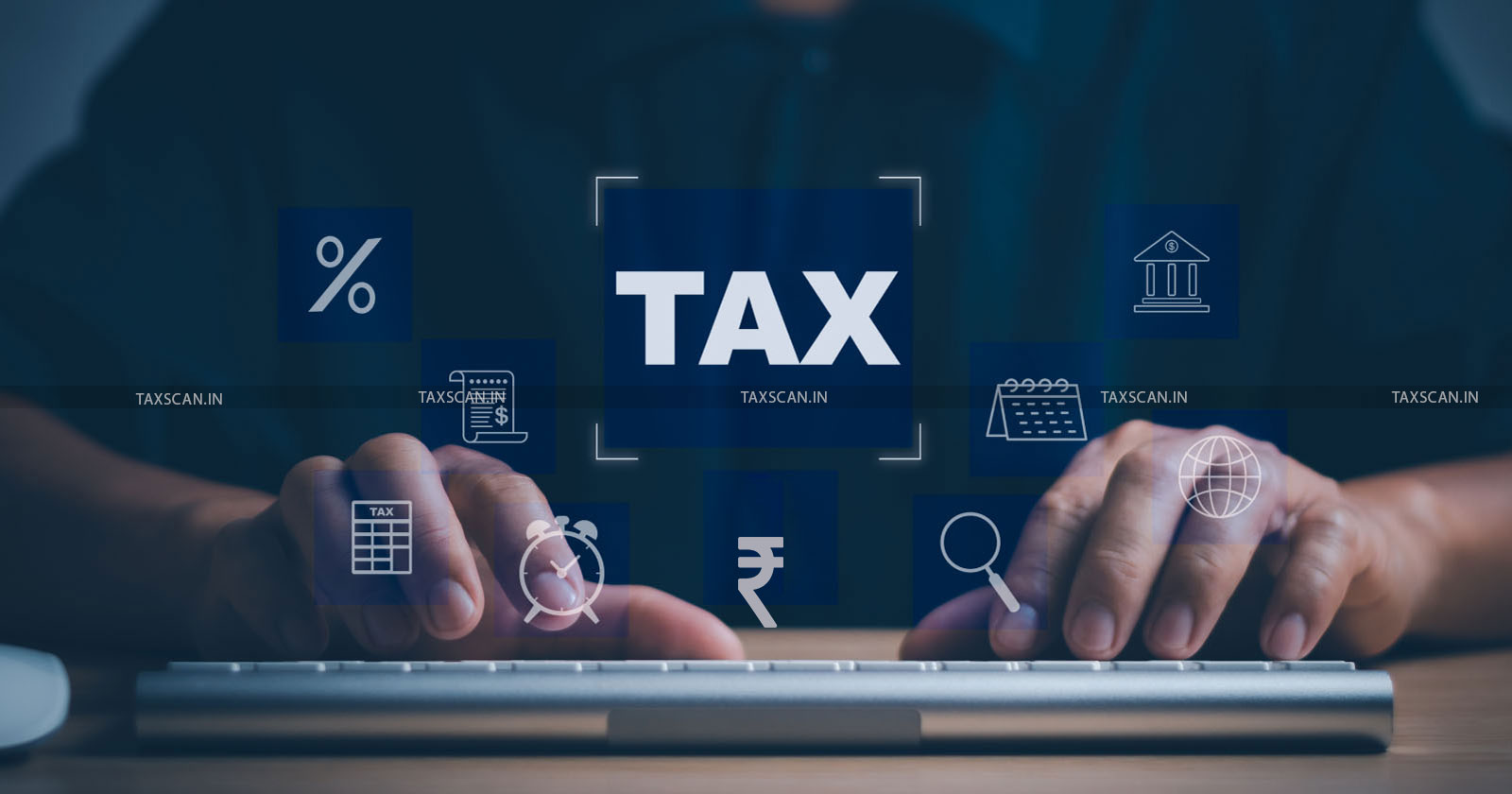Al & Automation in Tax Practice: Disruption or Opportunity?
AI can be a great help, but only if you use it wisely and responsibly. AI can be very beneficial in carrying out risk assessment and also in enhancing the service provided to the taxpayer.

With technology and artificial intelligence dominating every other industry, tax is no exception. The sector of taxation, which is highly dependent on accuracy and documentation, is changing quickly due to automation and the rapid advancement of artificial intelligence (AI).
The most interesting part is that the tax filing, documentation, etc., which required huge amounts of paperwork and hours of manual effort, is now being transformed into an easier, technology-backed process. One thing to note is that tax being a very complex and delicate matter, completely giving it to the control of AI is not a good option.
What Is Happening in the Tax World? What are the new Technological Advancements?
Tax practice has always involved much time spent on working, calculating, filing returns, ensuring compliance, and producing documents, and now AI and automation are doing that work for us. Most importantly, it is very fast. The AI systems we have today can ingest information from documents quickly, extract the necessary data, and then file returns, this formerly took hours, but now we complete it in minutes.
AI reduces human error. The software recognises patterns and data discrepancies, alerts professionals to them, allows for corrective actions, and ensures compliance is completed in a timely manner according to the most applicable tax law.
Automation reduces human error significantly. The software recognizes patterns and data discrepancies, alerts professionals to them, allows for corrective actions, and ensures compliance is completed in a timely manner according to the most applicable tax law. Moreover, AI compares various data from around the globe to draw a conclusion. The AI systems look at financial behaviours and can make suggestions on planning for taxes. This allows professionals to provide more precise, tailored advice to clients. And unlike human beings, AI’s service is available 24/7.
Tax Compliance and AI : On a Positive Note
AI is definitely going to promote the effectiveness of tax compliance and tax advancement. A few reasons why AI is going to take tax compliance to the next level are that it helps in the detection of fraudulent, suspicious, and anomalous acts performed by individuals while filing their taxes. AI-based algorithms could also make huge advances by detecting evasion trends or bogus input tax credit (ITC) applications. Although the process has begun, it has not been fully implemented in our country.
With the season of ITR filing coming, we know how difficult it could get while filing ITR in the Income Tax Portal, with the website getting jammed, and at times we may have to start from the first step again due to technical glitches. AI can undoubtedly streamline the ITR filing process and make it less tedious.
What are the Challenges Faced?
There is no doubt in the fact that artificial intelligence is a boost to the tax industry, both to the government as well as to the taxpayers. But there are certain drawbacks or challenges, and they are as follows:
First and foremost, most concern is regarding data privacy. Tax professionals handle very sensitive data, including business transactions and income information. The stakes are high when such data is processed by AI systems. Any misuse or leak could damage the firm's reputation in addition to its clients. Strong data protection measures, secure systems, and transparent privacy protocols are necessary because otherwise, it could lead to serious privacy issues.
The next issue is that of transparency. When professionals use AI tools to reach decisions and conclusions, they might not understand why the AI chose a particular method or decision, and this becomes a problem when they have to give explanations to clients, auditors, or legal authorities. In legal or audit situations, relying on an AI without any discernible logic simply won't work.
The AI systems could give biased or unfair decisions or opinions. Relying on it blindly is not a good option. Studies show that AI systems may make unfair decisions if they are trained on faulty or insufficient data, such as erroneously estimating risk levels or singling out particular taxpayer categories more than others. To stop this from occurring, human oversight and routine checks are required.
Another issue is that not everyone will be specialised in using AI. We should not forget the fact that using AI is an art. With technology changing day by day, it is not easy for everyone to catch up, especially for senior tax practitioners. As technology changes, they will need to learn new skills, not just how to use these tools but also how to understand and interpret what they produce.
In conclusion, AI can be a great help, but only if you use it wisely and responsibly. AI can be very beneficial in carrying out risk assessment and also in enhancing the service provided to the taxpayer. However, there are a few challenges to integrating AI and data analytics into tax administration, such as infrastructural limitations, data privacy concerns, and the need for skilled personnel to manage AI systems. The government ought to take necessary precautions while integrating AI and data analytics into tax administration.
Support our journalism by subscribing to Taxscan premium. Follow us on Telegram for quick updates




